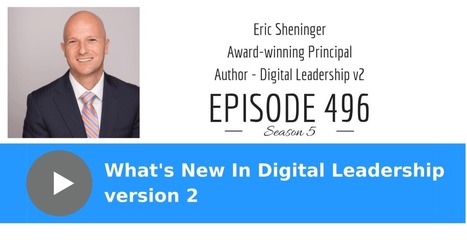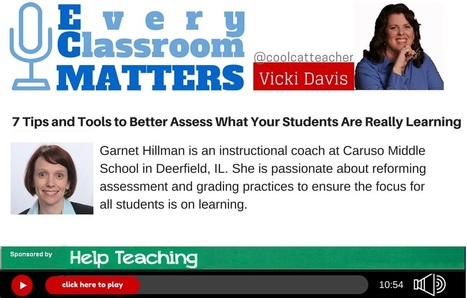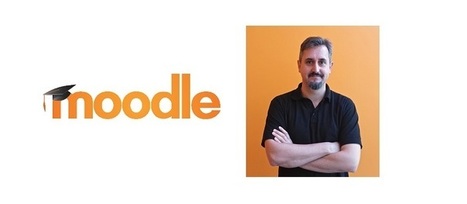ETT: What is the market segment your company is in and who are your core customers?
Although we are often called an LMS, we refer to Moodle as an open source learning platform because we do much more than a strict definition of an LMS can allow. Moodle is currently used in more than 230 countries with more than 70 million users worldwide. The focus of Moodle is to provide educators (individuals, schools, universities or workplace) with the tools to build their own highly customized site for online and blended learning.
In the 12 years since its first version, Moodle has been adopted by many renowned organisations across the globe, including Australia National University, California State Universities, London School of Economics, Google Mount Sinai Hospital, Shell, Mazda, ING, Allianz, and Open University as a few examples.
ETT: How did you come across the problem you’re addressing and how did you define it – what was your process in identifying it?
When I started Moodle, the web was fairly new and was largely a one-way publishing medium. As an Internet developer since 1990, however, I knew a lot more interactivity and collaboration was possible via computers, and I started researching the latest in pedagogy and working on Moodle as a way to blend this into the growing web technology.
ETT: What it is that you’re doing differently than your competitors? And do you expect to develop other differentiators in the future?
Moodle will continue to be an open source learning platform and to try and take open source to new heights.
Unlike many .com companies in the edtech sector who may be driven to produce profit for investors, our main drive is to provide free tools for educators to use as they wish. Even though we do have a range of commercial services via our Moodle Partners (see moodle.com) all of these are designed to help pay developers to produce our free software.
Via
Miloš Bajčetić



 Your new post is loading...
Your new post is loading...











